One of the notable contents is the draft Resolution proposing to add three cases where the State reclaims land for socio -economic development, for national and public interests. This is a new content, receiving much attention because it is directly related to the release of development resources, but also contains potential issues that need to be carefully considered to avoid consequences in practical implementation.
Specifically, these three cases include, first , land recovery to implement projects in free trade zones, projects in international financial centers. Second , land recovery to create land funds for project payments under BT (build-transfer) contracts, and land lease to continue production and business for cases using land recovered by the State under Articles 78 and 79 of the Land Law. Third , when the project has reached an agreement to transfer land use rights with more than 75% of the area and more than 75% of the households, but the term or extension period has not yet completed the agreement, the Provincial People's Council can consider recovering the remaining land to hand over to the investor to continue implementing the project.
Overall, these are all situations that are causing “bottlenecks” in the actual implementation of the law. Many large infrastructure projects, urban areas, and industrial zones have been delayed for many years, causing waste of land, loss of development opportunities, and creating very high social costs. Adding these cases, if clearly and transparently regulated, will help promote the progress of projects with large spillover effects, restart hundreds of “shelved” projects, create more jobs, and contribute to economic growth.
However, it is necessary to see that land is both a special means of production and a place of permanent residence for people; any decision to reclaim land, even for development purposes, is directly related to human rights and civil rights protected by the Constitution.
Land reclamation is also a big, sensitive and complicated issue, always posing the risk of complaints and lawsuits if there is a lack of transparency. Reality over the past years has shown that many cases that have lasted for a long time, even becoming social hot spots, all stem from land reclamation that is not in accordance with regulations, not ensuring the harmony of interests between the state, businesses and people.
Therefore, with the addition of three specific cases in this draft Resolution, what voters and people expect is that at the National Assembly forum, each policy will be analyzed carefully and multi-dimensionally, not only from the development perspective but also in terms of social impact, especially for disadvantaged groups, farmers, and households whose residential land has been recovered.
The issue is not only whether or not to add, but also the feasibility and effectiveness of each regulation: which management mechanism will ensure strictness, which monitoring mechanism will prevent abuse and ensure transparency and consistency in implementation? How should compensation policies be designed to harmonize the interests of the state, businesses and people? How to avoid creating loopholes for policy profiteering, so that development is not dominated by local interests...? These questions need to be thoroughly discussed in the parliament.
Based on the comments of the National Assembly delegates, the drafting and reviewing agencies need to continue to study, absorb and complete the draft Resolution with the highest quality, especially the regulations on land recovery. Because every inch of land is not only a resource for development, but also a place to anchor people's trust in the fairness and transparency of the rule of law state.
Source: https://daibieunhandan.vn/thu-hoi-dat-go-diem-nghen-nhung-phai-bao-dam-quyen-loi-nguoi-dan-10395715.html




![[Photo] General Secretary To Lam receives Vice President of Luxshare-ICT Group (China)](https://vphoto.vietnam.vn/thumb/1200x675/vietnam/resource/IMAGE/2025/11/15/1763211137119_a1-bnd-7809-8939-jpg.webp)
![[Photo] Prime Minister Pham Minh Chinh meets with representatives of outstanding teachers](https://vphoto.vietnam.vn/thumb/1200x675/vietnam/resource/IMAGE/2025/11/15/1763215934276_dsc-0578-jpg.webp)
![[Photo] Panorama of the 2025 Community Action Awards Final Round](https://vphoto.vietnam.vn/thumb/1200x675/vietnam/resource/IMAGE/2025/11/15/1763206932975_chi-7868-jpg.webp)



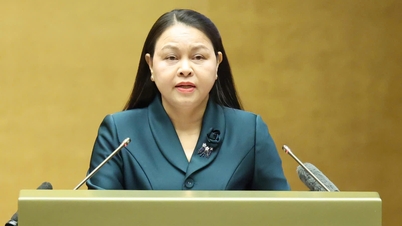



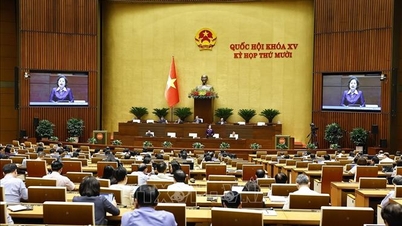

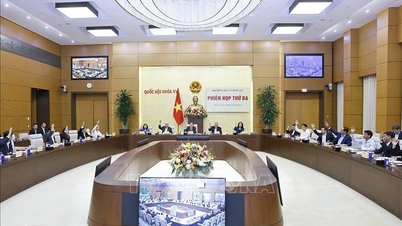
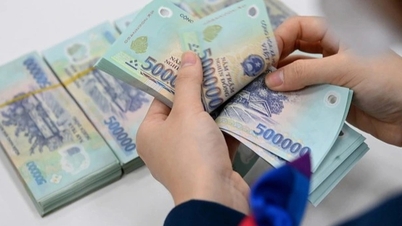



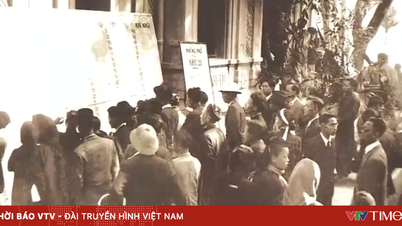

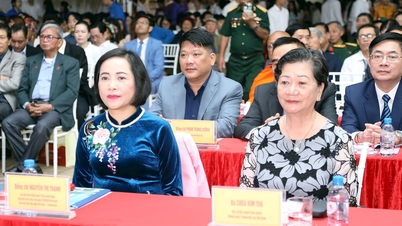
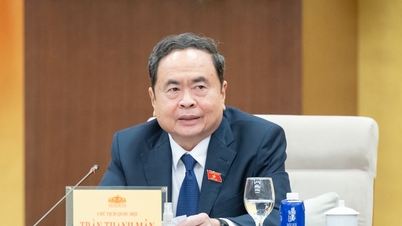

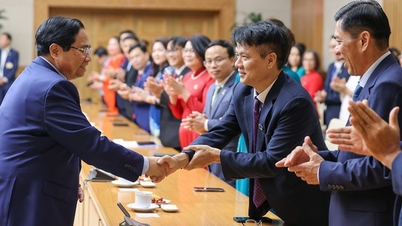





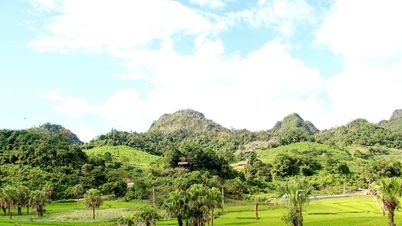
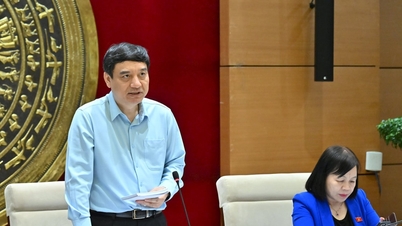
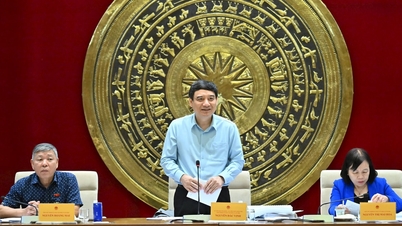

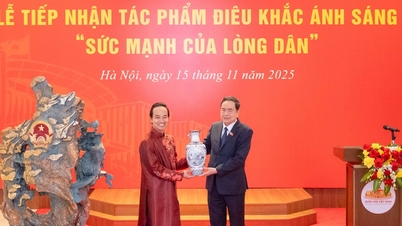
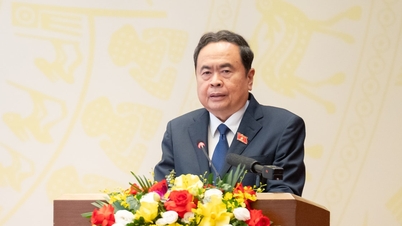



































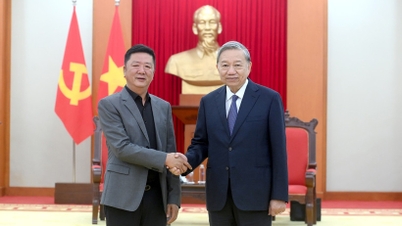

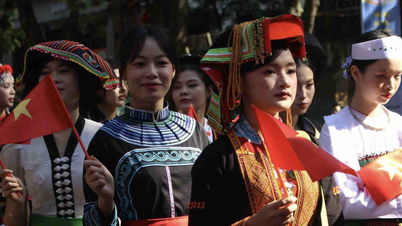

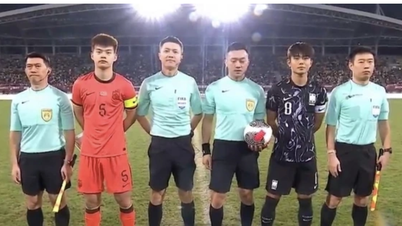

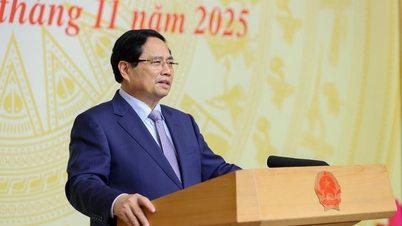
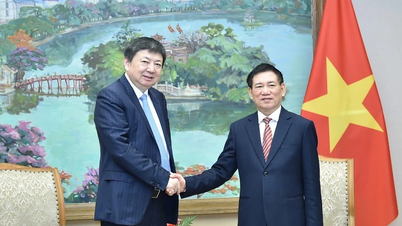





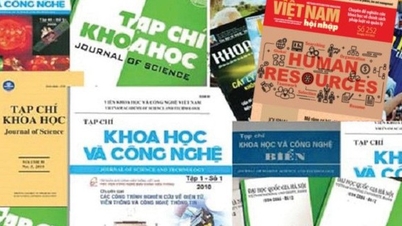
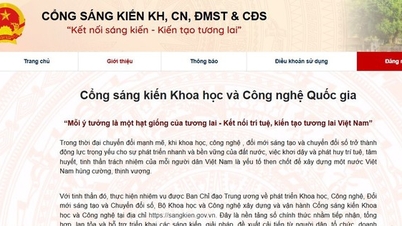





















Comment (0)